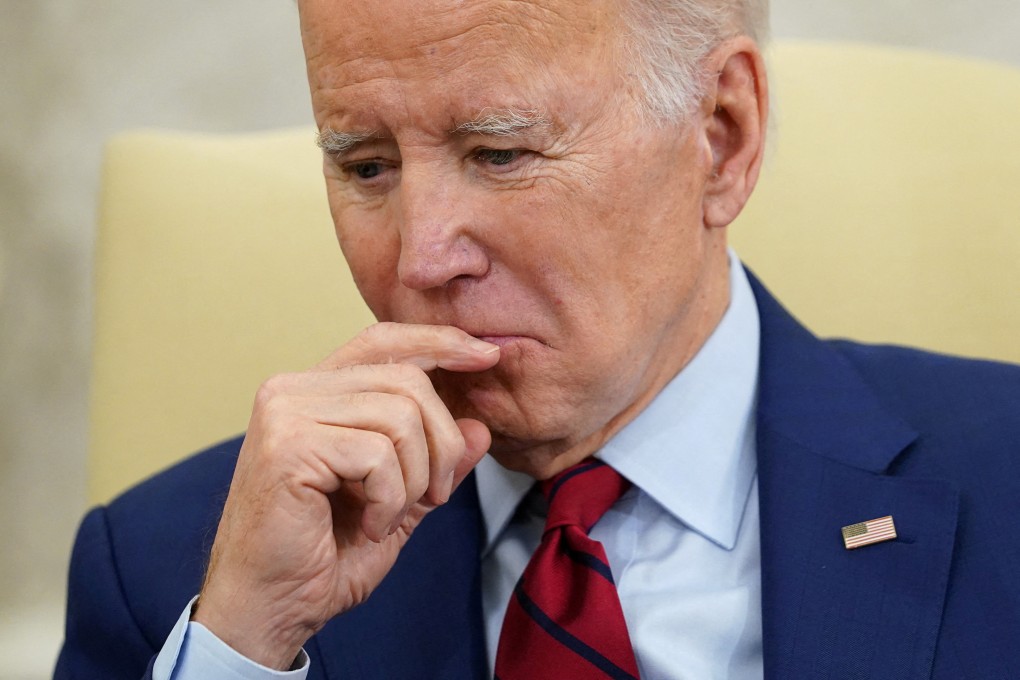Advertisement
US says China in ‘difficult position’ to give Russia lethal aid due to Ukraine war
- Observation shared before Joe Biden’s meeting with German leader Olaf Scholz amid concerns Beijing may provide weapons to Moscow
- Every step taken towards Russia ‘makes it harder for China with Europe and other countries’, says White House spokeswoman
3-MIN READ3-MIN
23

Bochen Hanin Washington
Russia’s war in Ukraine has put China in a “difficult position” to provide lethal aid, the White House said on Friday.
“We haven’t yet seen China do anything yet, as it relates to lethal weapons. And we believe that Russia’s war in Ukraine has put China in a difficult position to actually move forward in that direction,” said White House spokeswoman Karine Jean-Pierre.
“Every step China takes towards Russia makes it harder for China with Europe and other countries around the world,” she added.
Advertisement
Jean-Pierre’s comments came ahead of a meeting on Friday between US President Joe Biden and German Chancellor Olaf Scholz that focused primarily on the war in Ukraine.
The post-meeting readout did not contain any mention of China.
Advertisement
Advertisement
Select Voice
Select Speed
1.00x